Fairness Matters
There was a recently trending post that expressed disdain for the concept of fairness. The author dismissively referred to it as "all in our head," in an attempt to delegitimize claims that negative voting systems could result in unfair outcomes. He expressed his opinion that people's perceptions of unfairness were based on a sense of entitlement fueled by envy.
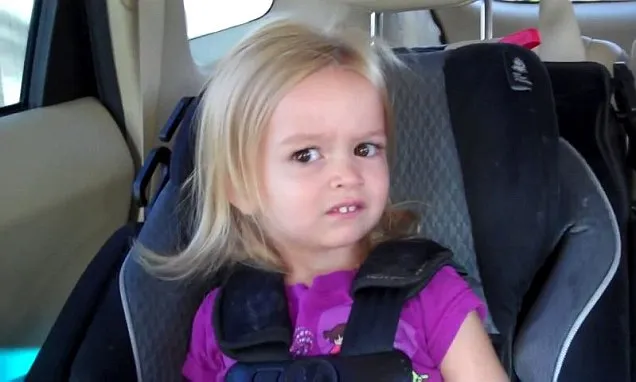
I agree completely that the idea of fairness is all in our head. It is just that; an idea, a concept. When we refer to something as fair or unfair, we are describing a subjective experience. We describe how we perceive the conditions that we observe. Some of his examples illustrate an additional characteristic of fairness: it is not something that applies to natural phenomena or human beings in isolation. Fairness can only exist within a social context, and attempts to apply it elsewhere quickly break down.
However, I disagree with the author's attempts to delegitimize the idea of fairness. People experience unfairness as painful and distressing on many levels. It is worth striving for fairness on that basis alone. But even considering little more than pragmatism, people expressing such experiences are providing meaningful information that can inform the decision making of those who are in a position to influence the future direction of the platform.
The Emergence of Fairness
A New Yorker Article from earlier this year rounded up some of the latest research into the perception of fairness and how it is expressed through our behavior.
One famous and illustrative experiment on capuchin monkeys demonstrated what psychologists refer to as "disadvantageous-inequity aversion." In the study, monkeys were given tokens and presented with the opportunity to trade the tokens for food. Monkeys who received cucumbers for their tokens responded angrily when other monkeys received grapes.
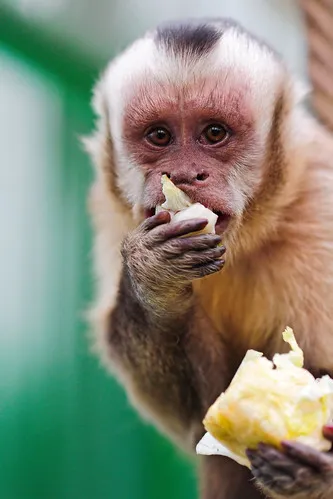
It should come as no surprise that monkeys (or people) have a negative reaction to getting less than others for the same activities. Based on nothing other than self-interest, it is a frustrating situation to be in. However, that doesn't tell the whole story.
Humans sometimes also demonstrate an aversion to having more than others. Psychologists call that advantageous-inequity aversion. While disadvantageous-inequity aversion is nearly universal and a response that we share with other animals, advantageous-inequity aversion appears to be a conditioned response that develops at a later point in childhood. It also occurs in some societies at higher rates than others, which is an indication that it is culturally influenced.
Fairness Is Technology
The author goes on to describe additional studies and theories. The research itself is fascinating and it's worthwhile to read the piece in its entirety. I would just like to point out a statement towards the end of the article that is incredibly insightful and relevant:
Our ideas about fairness are relativistic, rather than absolute. In many ways, we approach fairness as a form of social signalling. People tend not to care about equality as an abstract principle; instead, they use fairness to negotiate their place in a social hierarchy.
When looking at fairness from this perspective, it reveals itself to be a very sophisticated invention. Or perhaps a better way of looking at it would be as an innovation. It's a novel application of an otherwise unremarkable psychological response that we share with many other animals.
The research suggests that the distress produced by the "disadvantageous-inequity" is based in the loss of status that the inequity represents. The consequences of losing status has far reaching consequences in the animal kingdom. The prospect of missing out on mating opportunities is one of the more devastating ones.
Humans are capable of much more dynamic relationships. Social status among groups of people is determined by many more factors than providing food and security. We play a much more sophisticated game. Elaborate strategies emerge as we demonstrate our value to the group.
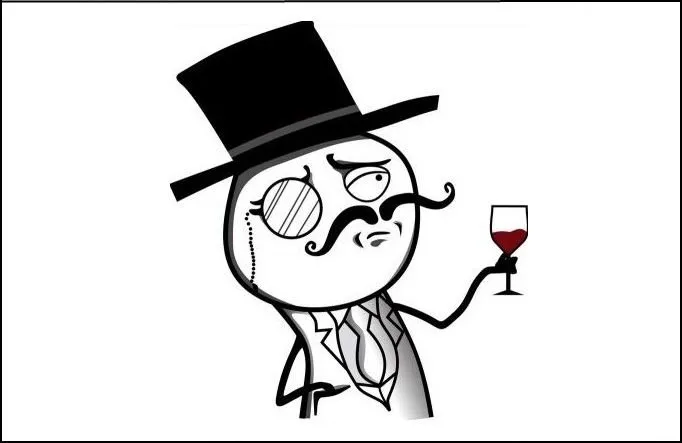
Fairness Depends On Your Social Status
What constitutes fairness? A growing body of research indicates that we do not hold people of different social status to the same standards: What counts as fair for a high-status individual does not necessarily count as fair for a low-status individual.
A sensitivity to the unfairness that others experience and a willingness to sacrifice on their behalf demonstrates enormous value. Social groups that rely on cooperation and mutual aid will reward such individuals with increased standing in society.
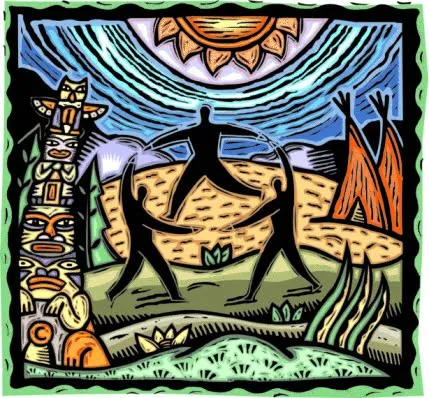
Lower Status Individuals Are More Accepting of Disadvantageous Income Inequality
We find that participants with lower status are less dissatisfied with disadvantageous payoff inequalities than equal or higher status participants. (http://www2.ne.su.se/paper/wp12_10.pdf)
It is a mischaracterization to accuse people speaking out against unfairness as entitlement and envy. Particularly so if those people are of a lower status than the beneficiaries of the inequality. If lower status individuals are discontent with the levels of inequality, it is an indication of truly perverse inequity.
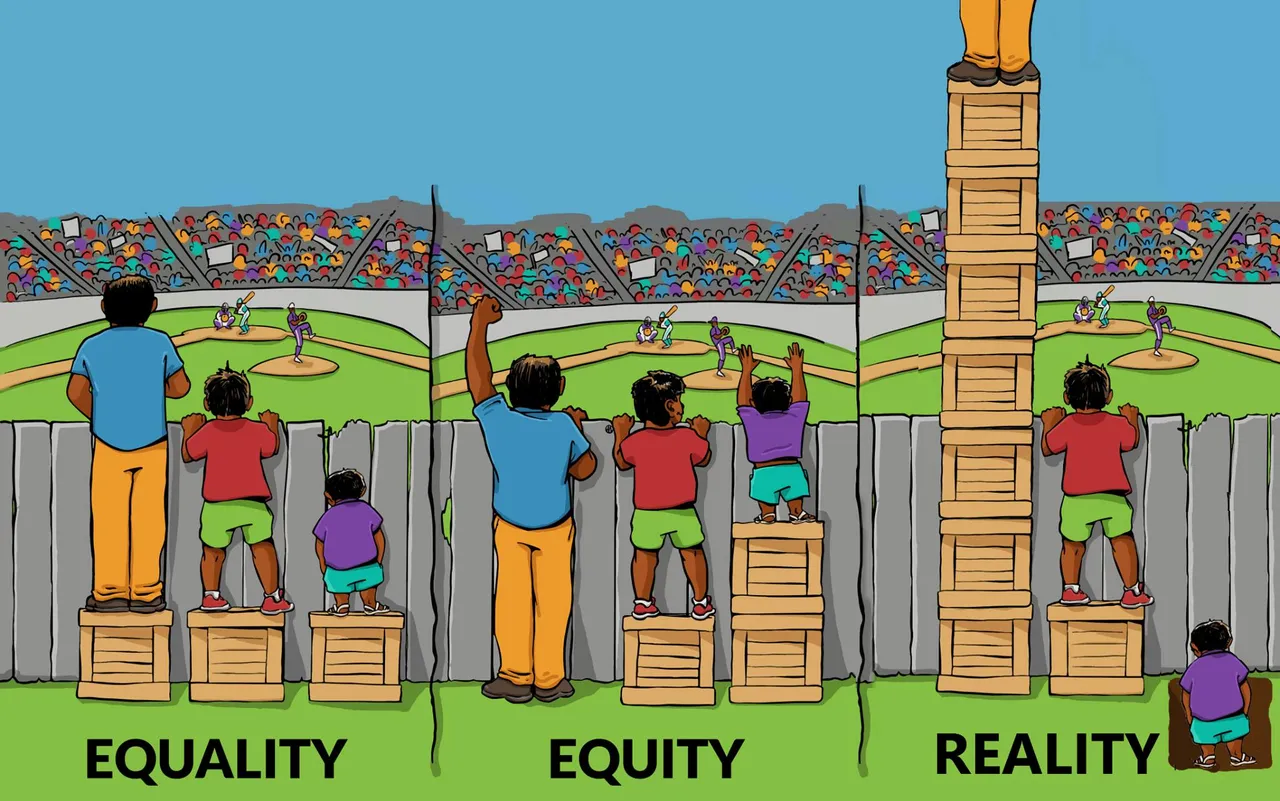
It should be interpreted as a signal that the social or economic system is deeply flawed and prone to failure. The long term viability of such a system is at risk.
Unfairness Is Information
When social groups based on free association are deemed unfair, people will inevitably leave. When people express that they experience unfairness and they are ridiculed for it, it erodes trust in a very meaningful way.
The author seems to accept the idea of fairness by the end of his post. Not as an idea that has merit, but as a simple fact that he is going to have to deal with.
That said, perception often matters more than reality and we must design systems that are perceived to be fair even if they are logically and “objectively” less fair from the perspective of mathematics, deductive reasoning, and first principles.
I am hopeful that the author will continue moving in this direction and work to enhance the perceived fairness of the platform. In this case perception is reality.